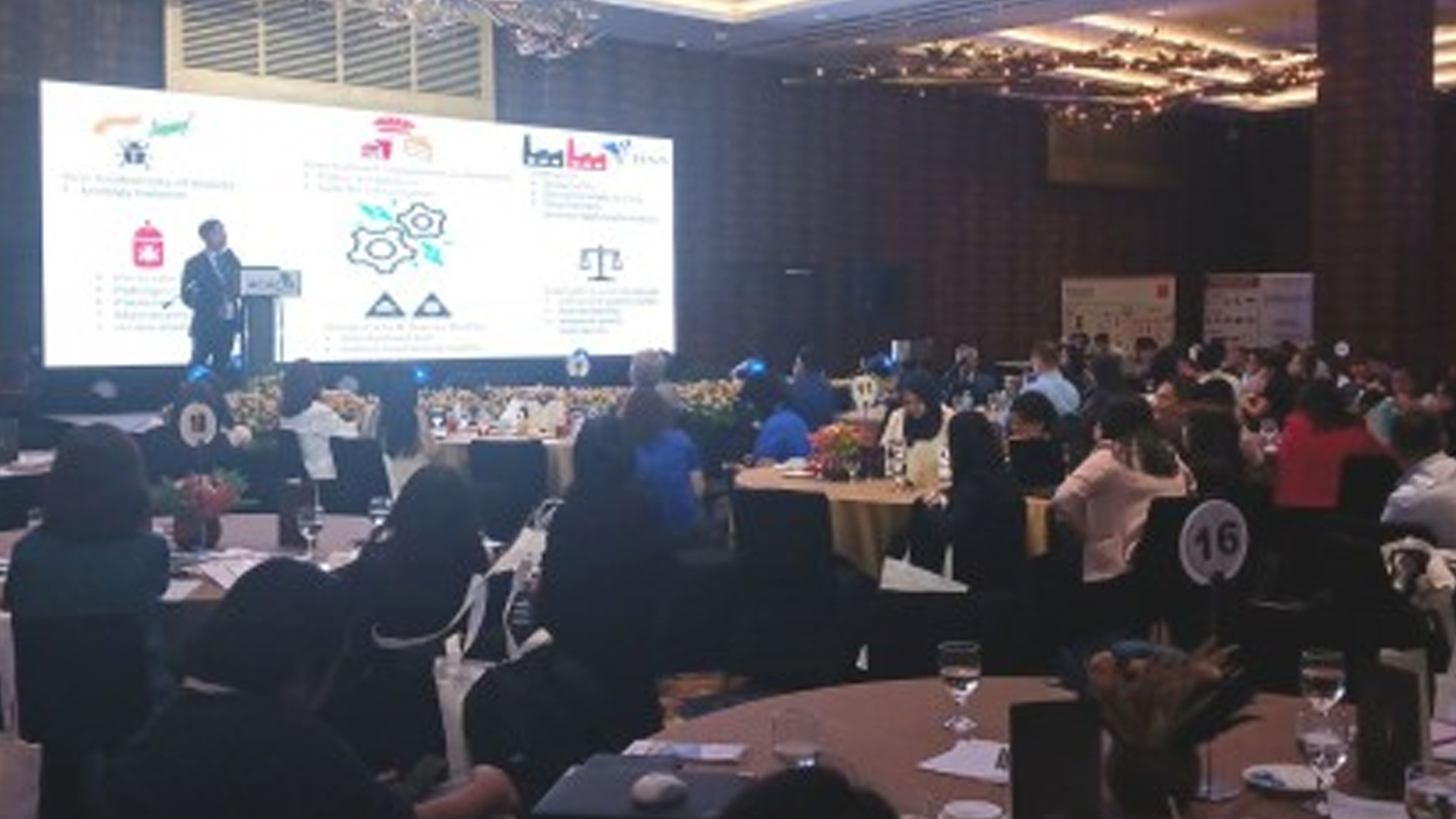The Department of Science and Technology (DOST) is supporting having consensus-based analytical solutions for food safety across Southeast Asia (SEA), Secretary Renato Solidum Jr. said Wednesday.
The agency co-hosts the 3rd AOAC Southeast Asia annual conference in Alabang from Oct. 16 to 17, gathering more than 260 participants from the government, academe, and the industry.
Solidum said AOAC’s goal of fostering confidence in consensus-based analytical solutions for food safety, food integrity, and public health across Southeast Asian countries is crucial in ensuring the safety and integrity of food and other products.
DOST Industrial Technology Development Institute (ITDI) Director Anabelle Briones said it is important to learn from each other and have consensual testing methods across the region.
A division in ITDI produces reference materials and implements proficiency testing schemes, ensuring accurate and reliable chemical measurements for food safety. These testing schemes target additives, contaminants, toxic elements, pesticides, and veterinary drug residues in food and water.
Solidum said the ITDI also developed proficiency testing materials for seafood products. The ITDI’s method development and validation initiatives aim to make its testing capabilities available nationwide, he added.
“We have enhanced the chemical and microbiological testing capabilities for new food safety parameters to address market and regulatory requirements,” he said.
The ITDI’s testing capabilities enable laboratories to align their results with international standards.
“This, in turn, helps industries maintain quality, achieve regulatory compliance, and contribute to a safer, more reliable food supply chain,” Solidum said.
Discussions during the conference include pesticide residue analysis in spices and herbs; laboratory and proficiency testing; and detection limits in chemical residual analysis.
AOAC International is a non-profit membership association of analytical science professionals in government, industry, and academia worldwide. (PNA)







